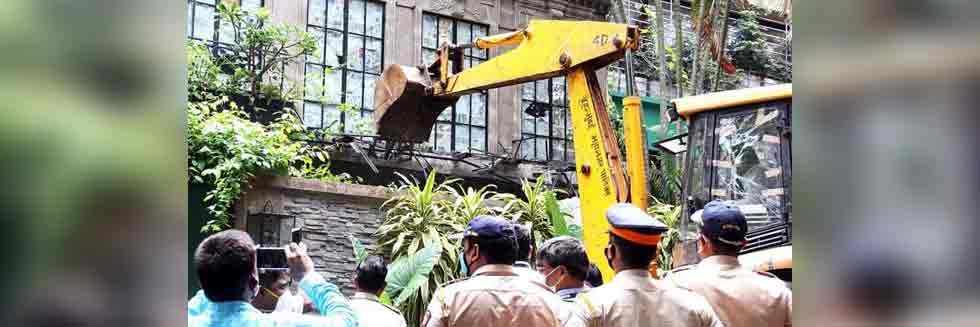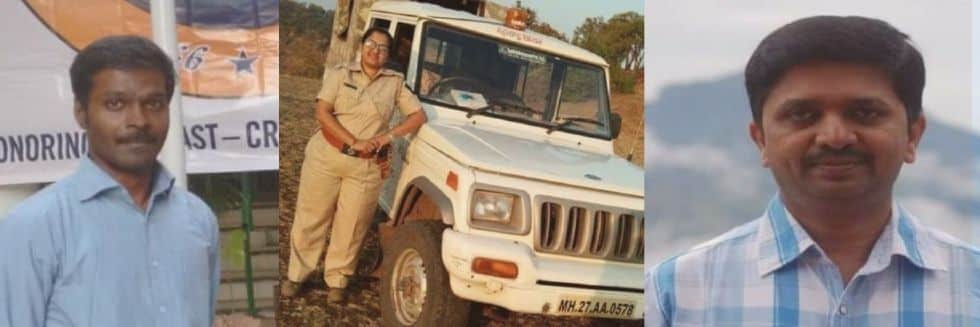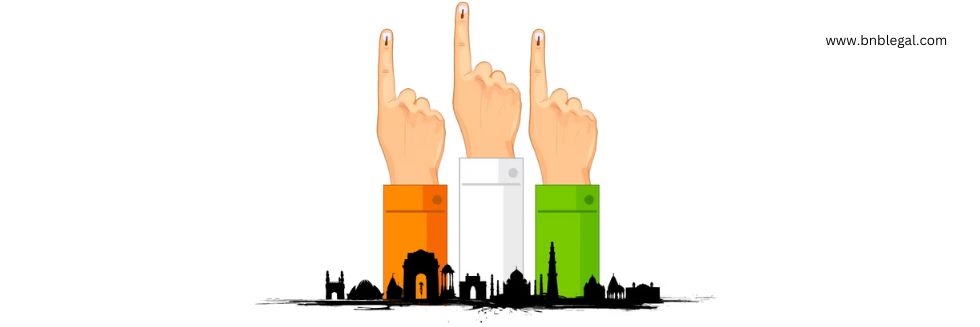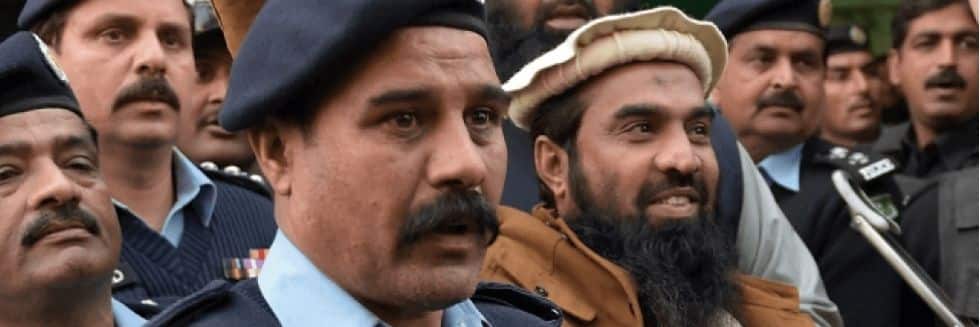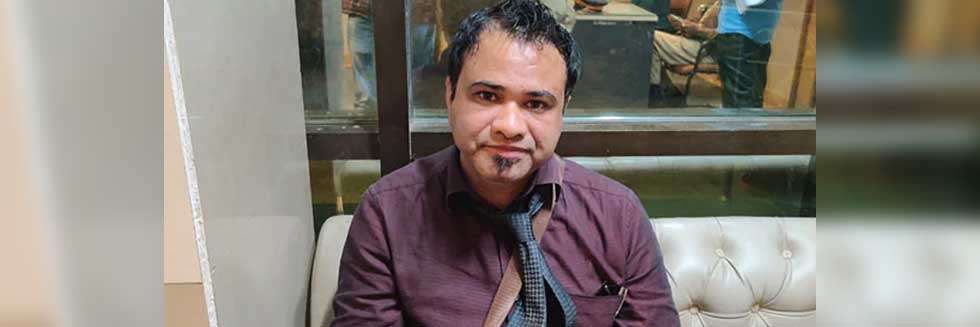On Friday, the Bombay High Court has quashed and set aside an order by the Brihanmumbai Municipal Corporation (BMC) to demolish actor Kangana Ranaut’s bungalow, and held that she is entitled to compensation due to the mala fide action in law by the civic body, therefore, causing a substantial injury to the petitioner actor.
The Division Bench comprising of Justices S J Kathawalla and Justice R I Chagla while delivering its verdict in the row between Kangana and BMC held that “The State cannot take mala fide action against a citizen however distasteful her views are.”
“We have come to a clear conclusion that the notice (demolition) and the action of demolition following it, are actuated by malafides, involve clear malice in law, causing a substantial injury to the Petitioner (Ms. Ranaut), we would be perfectly justified, to order compensation against responsible authorities,” stated the bench. Further, the court directed for an appointment of a valuer to determine the compensation payable to Ranaut for the demolition of her property.
“We make it clear that we do not approve the loose statements made by Kangana Ranaut. She should have exercised restraint, but the subject matter is the demolition, not her tweet,” stated the bench while the Respondents raised concern over Ranaut’s tweets.
Petition by Kangana Ranaut
On 9 September, soon after BMC commenced the demolition activity on Ranaut’s property, she moved a plea in the Court urging to restrain the BMC from carrying on further demolition activity and to explain their conduct. Thereafter, during the hearing of the matter, the Court had reportedly pulled up the BMC officials for acting in an unusually swift manner to demolish portions of Ranaut’s property, despite her having moved the Court around the same time when the demolition had started.
The following day, the BMC in its reply had claimed that Ranaut had carried out illegal alterations and additions on her property.
The Court then extended its stay on demolition further till 22 September, while granting time to Advocate Rizwan Siddique, appearing for Ranaut who sought for more time from the Court to amend the plea to place on record certain additional facts. Additionally, Ranaut also filed a rejoinder to BMC’s reply to their original plea before the September 22 hearing.
The amended plea by Ranaut
Advocate Rizwan later submitted an amended plea on behalf of Ranaut wherein she made various allegations against Sanjay Raut, the Chief Spokesperson of the Shiv Sena Party. However, the Court asked her to either implead Raut in the plea so as to give him an opportunity to defend himself or not to pursue the claims against him.
Ranaut then decided to implead Raut in the plea and also one designated officer of the BMC.
On September 23, Raut’s lawyer, Advocate Pradeep Thorat sought more time to file Raut’s reply. The Court granted time to the newly added parties to file their reply before their turn to address the court. However, the Bench clarified that hearing on Ranaut’s submissions will begin from September 24.
Submissions by the counsels
On September 24, Senior Advocate Birendra Saraf, appearing for Ranaut, began his submissions, arguing that the BMC had flouted their own statutory provisions and guidelines before and while carrying out the demolition work on her property. He stated that the provisions granted Ranaut an opportunity to rectify the purported illegality in her structure. However, the officials did not give her such an opportunity. He added that every action of BMC reeked of mala fide intentions.
Later, during the hearing on September 29, the court criticized both BMC and Raut. The bench had reportedly reprimanded Raut for his derogatory remarks against Ranaut. They also mused upon why BMC officials had not taken any action against the Ranaut’s super-structure for such a long time until the day they sent her notice.
Meanwhile, Senior Advocate Aspi Chinoy, appearing for the BMC argued that the treatment meted out to Ranaut was not exceptional, as claimed. He contended that BMC had no political connections and that the controversy in this matter was created by Kangana going to the media. Referring to BMC’s affidavit, he claimed that Kangana was carrying out brazen and illegal alterations and that she has conveniently remained silent on that aspect.
He reiterated that she had an alternate remedy available and should have exhausted those before moving the High Court’s extraordinary jurisdiction.
On the other hand, Senior Advocate Anil Sakhare, appearing for the BMC officer summoned by the Court, asked the Bench to consider that Ranaut had a higher burden to prove malice against the officer which she had not been able to prove.
Observations made by the Court
After directing all parties to file their written submissions, the Court reserved the matter for orders.
Therefore, on Friday i.e. on 27 November, the division bench of HC stated that “Before proceeding further, we make it clear that this Court does not countenance unauthorized construction, and also does not approve of loose and irresponsible statements against any individual, authority or Government. We do not accept as true any of the statements/allegations made by the Petitioner through her tweets with regard to the alleged prevailing atmosphere in the state or the state Police or against the film industry. If anything, we are of the view that the Petitioner should be better advised to exercise restraint when ‘as a public-spirited person’, she ‘airs her views regarding issues of public importance on social media platforms’.
Thereafter, in its 166-page judgment, the court noted that “BMC which is an organ of the State, has done something ‘without lawful excuse’; it has proceeded to act ‘wrongfully and wilfully without reasonable or probable cause’; its act can only be described as a deliberate act in disregard of the rights of a citizen; the true object of the act clearly appears to be to reach an end different from the one for which the power was entrusted to it. The exercise of power can be summed up as bad in law and lacking in bonafide. It is nothing but malice in law.”
The court added, “What really aggravates the wrongfulness and lends further credence to the case of malice in law, is the manner in which the whole action was carried out as we have described above.”
“The materials relied upon by BMC do not at all indicate that any works were being carried out at the bungalow at the time of issuance of the notice (demolition). The mere presence of some workmen or some construction debris is no evidence that the works referred to in the impugned notice were ongoing works,” read the judgment.
Further, advising the State, the court said, “Irresponsible statements made by a citizen in an individual capacity, however distasteful or wrong they may be, are best ignored. Illegal and colorable action on the part of the State or its agencies vis-à-vis a citizen is far too serious and damaging to society to be overlooked.”
The Bench went to say, “Whatever be the folly of an individual, whether in the matter of unauthorized construction, or irresponsible statements hurting the sentiments of individuals or the public in general, no action against such individual by anyone, much less by the State, can lie except within the four corners of the law. By no means, the colorable exercise of a power or resort to threats, use of muscle power, and/or causing of injury by unlawful means to such person or to his/her property, can be permitted in any civil society. Such actions are the very antithesis of the rule of law.”
The court also made a remark on the Shiv Sena’s chief spokesperson Sanjay Raut and said, “Shri Raut without being bothered that the rule of law should always prevail, was determined to teach a lesson to the Petitioner. Such conduct certainly does not befit a leader like Shri Raut who is also a Parliamentarian.”
“We would however refrain from giving a verdict on malice”, the Court said while citing that “Even if one assumes that the malice does not amount to personal bias and may call for a trial, it does amount to legal malice. The manner in which the action was carried out leaves no doubt that not using Section 354 was more sinister and preventing her from taking a recourse.”
